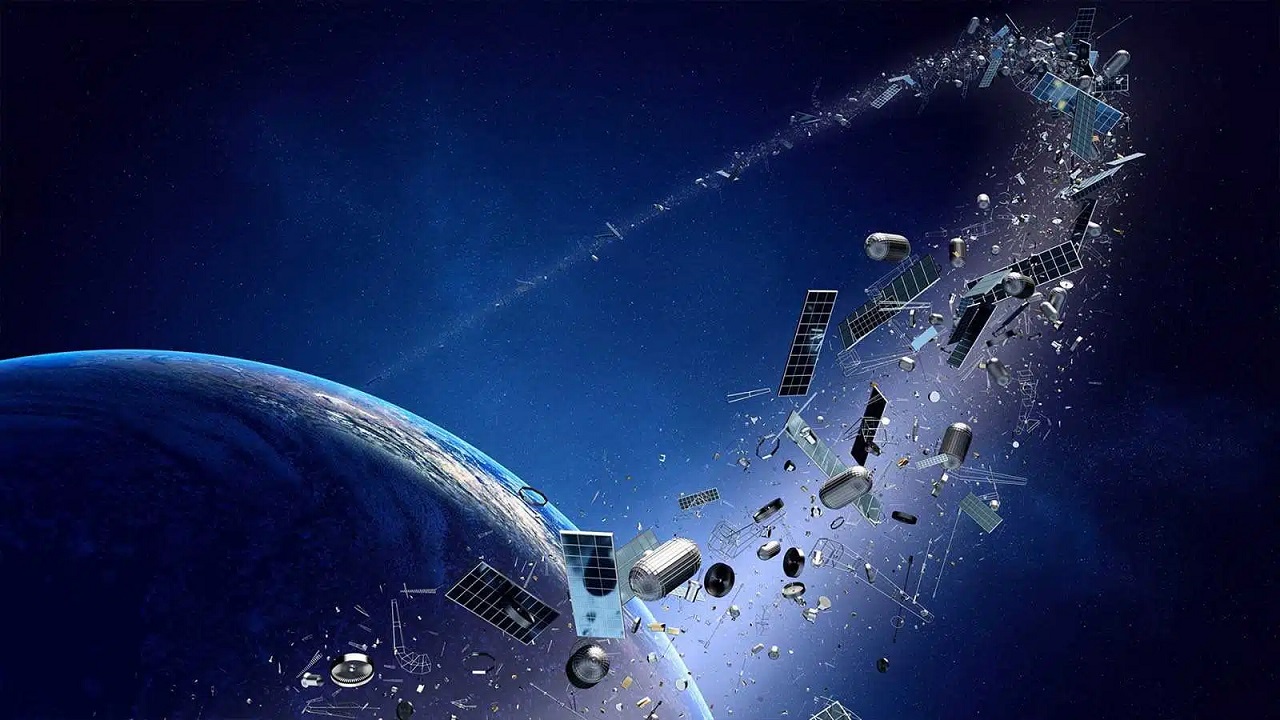With the advancement of technology, our lives become easier. In addition, it also brings with it some negativities. After air pollution and environmental pollution, a brand new concept entered our lives: Space pollution. Humanity has now moved to another dimension of polluting the Earth. Numerous satellites orbit the blue planet. This will also include new ones. Amazon announced that it will rival Musk’s Starlink satellites. With Project Kuiper, 3200 of Amazon’s satellites will orbit the Earth.
The International Astronomical Union held a meeting to take precautions against the negative consequences of space pollution!
Amazon has launched two satellite prototypes for the Project Kuiper network, which will eventually have more than 3,200 orbiters. With the Kuiper Project, the company is preparing to rival SpaceX, which currently maintains its leadership in this sector with approximately 4,800 satellites.

For this reason, he took his first step into space. This development was discussed in two new studies and panels at an international astronomy conference held during Space Week. Astronomers and those who love the night sky will pay the price for this rapid growth in the satellite industry.
Observers were concerned that Amazon would also become a rival to Starlink. The International Astronomical Union held a meeting to evaluate the space pollution that satellites may create in orbit. This meeting brought together a large number of astronomers, satellite industry representatives, as well as indigenous environmental advocates and policy experts.
All spacecraft in low Earth orbit reflect sunlight. Some also shine bright enough to be seen with the naked eye. It is as if these satellites compete with stars in brightness. However, this may cause some problems. Satellites can interfere with radio observations by drawing lines on images. Thus, it may adversely affect the reliability of data obtained with difficulty.
Researchers estimate that approximately 100 thousand satellites will orbit our planet in the 2030s. Scientists see satellite systems as a potential danger in the future. However, single satellites in orbit are not innocent either. Some individual moons are very bright indeed. A prototype of AST SpaceMobile’s BlueBird swarm has become one of the brightest objects in the skies, according to a study.
At the meeting, they discussed that having many bright satellites in orbit would negatively affect astronomy studies. Additionally, having so many satellites in orbit increases the risk of collision.
Unfortunately, this situation will negatively affect many telescopes, especially the Hubble Space Telescope. Experts will take precautions to prevent the increasing number of satellites from turning into space pollution. In addition, with technology and developed software, they will prevent this situation from harming astronomical studies.













